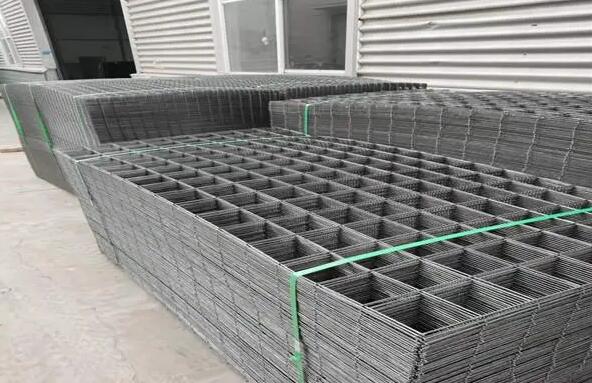Different Types of Building Nails A Comprehensive Guide
When it comes to construction and carpentry, nails are among the most essential fasteners used. They offer durability, strength, and ease of use, making them indispensable in both residential and commercial projects. However, not all nails are created equal. Different types of building nails serve specific purposes, and selecting the right one can significantly affect the integrity of your project. In this article, we will explore various types of building nails, their applications, and tips for choosing the right type for your needs.
1. Common Nails
Common nails are the most prevalent type used in general construction. They are thick and sturdy, making them suitable for framing, sheathing, and other structural applications. Common nails have a flat head and a smooth or spiral shank, allowing them to penetrate wood easily. They are typically made from steel and coated to resist rust. When choosing common nails, consider the length and gauge needed for your specific project, as heavier structures will require thicker, longer nails.
2. Finishing Nails
Finishing nails are thinner than common nails and come with a smaller head. They are primarily used for finishing work, such as attaching trim, mouldings, and cabinets. Their design allows them to be driven into the wood without splitting it or causing noticeable damage. Finishing nails can be used both in hand tools and pneumatic nail guns, providing versatility across various projects. Choose finishing nails based on the thickness of the materials you're working with to ensure a flush fit.
3. Brad Nails
Brad nails are even thinner than finishing nails and usually feature a very small head. They are typically used for lighter materials and delicate applications, like attaching thin trims or crafting. Because their small size makes them less likely to split the wood, they are ideal for detailed work. Brad nailers are commonly used in fine woodworking projects, where precision and minimal impact are required.
different types of building nails

As their name suggests, roofing nails are specifically designed for roofing applications. They have a large, flat head that helps keep roofing materials, like shingles, in place. Roofing nails often come with a galvanized finish to prevent rust, which is essential for durability over time. They are available in various lengths to accommodate different types of roofing materials. When using roofing nails, ensure the length is adequate for the material thickness to secure the roof properly.
5. Masonry Nails
Masonry nails are specially made for attaching materials to hard surfaces like concrete and brick. They are typically made of hardened steel to withstand the toughness of masonry. Unlike regular nails, masonry nails have a thicker shank and a sharp point to penetrate tough surfaces effectively. When using masonry nails, pre-drilling may be required to ensure proper placement and stability.
6. Duplex Nails
Duplex nails, also known as double-headed nails, feature two heads. This unique design allows for easy removal, making them particularly useful for temporary structures or scaffolding. Their ability to hold materials together securely while also being easy to remove makes them valuable in both construction and demolition projects. Choose duplex nails when you need a stronger hold without permanent commitment.
Choosing the Right Nail
Selecting the proper nail for your building project can significantly influence the success and longevity of your work. Consider the following factors
- Purpose What will the nail be used for? Different applications require different types of nails. - Material Consider the type of material you are working with. For example, roofing nails are ideal for shingles, whereas finishing nails are better for trim. - Length and Gauge Always match the length and thickness of the nail to the materials being fastened. Thicker materials will require larger nails. - Coating For outdoor projects or areas prone to moisture, choose galvanized or coated nails to prevent rust.
In conclusion, understanding the different types of building nails and their specific applications is crucial for any construction or DIY project. By choosing the appropriate nail for your particular needs, you can ensure strong, durable, and visually appealing results in your work.

















